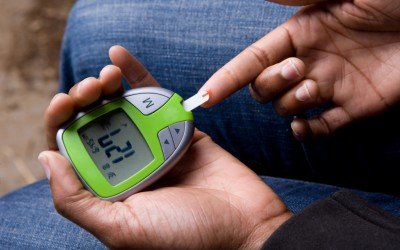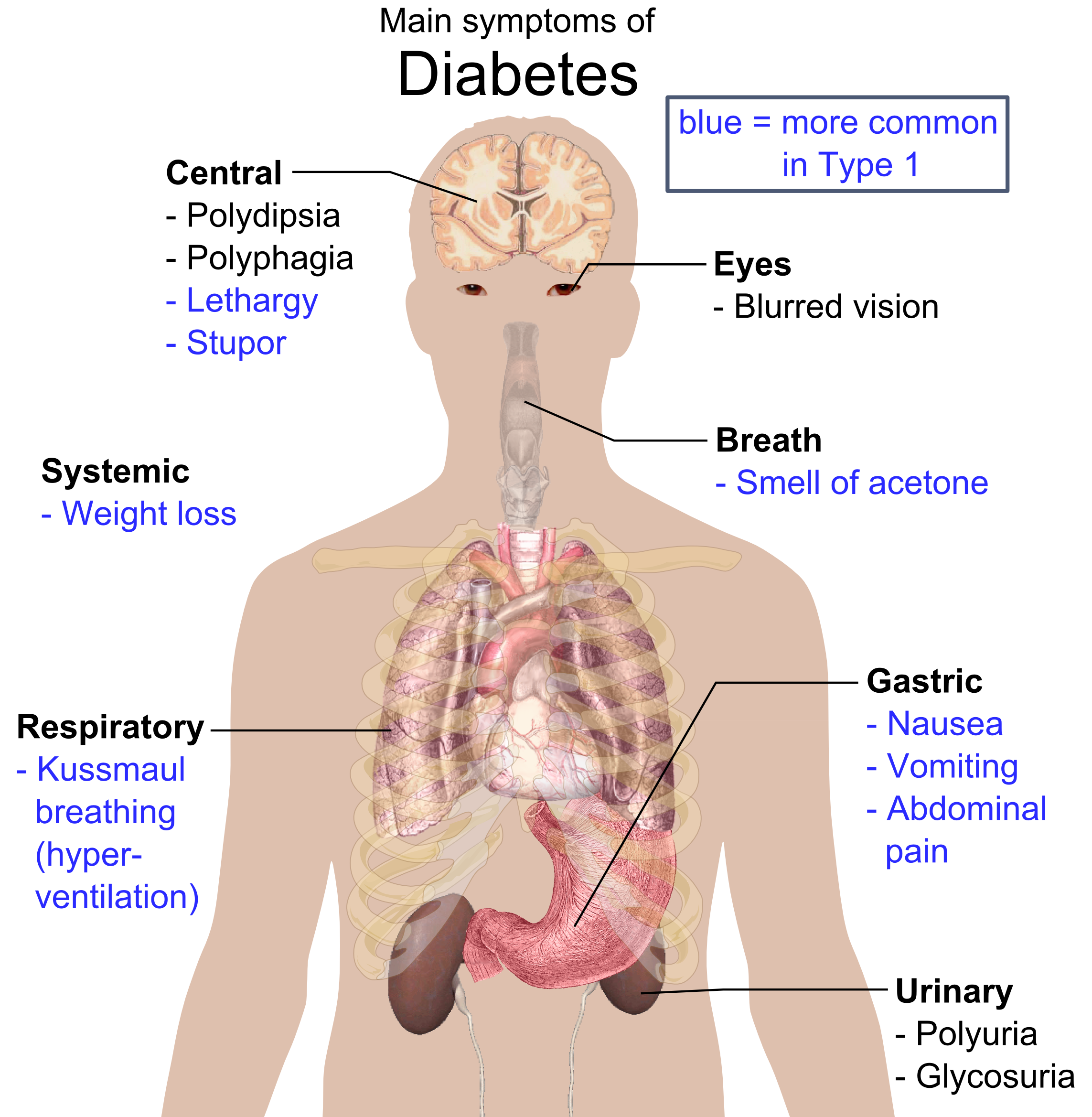Diabetes Mellitus: much alcohol intake causing diabetes
A group of metabolic disorder in which the blood sugar becomes high for a prolong period is known as diabetes. It is always referred to as diabetes mellitus by doctors. Diabetes mellitus do occur either by inadequate insulin production by pancreas or when the insulin is not been responded to properly by the body cells.

The following are the symptoms of high blood sugar level; Increase thirst (polydipsia), frequent urination (polyuria) and hunger increase (polyphagia). Many complications are associated with high blood sugar if not attended to. The acute complications are diabetic ketoacidosis, hyperosmolar hyperglycemic state or death. Long term serious complications are stroke, cardiovascular disease, chronic kidney disease, damager to eyes and foot ulcers.
Diabetes is a long term disease of high blood sugar level. Over 382 million people were estimated in 2013 to be living with diabetes throughout the world. Diabetes mellitus is of three types which are type 1 diabetes mellitus, type 2 diabetes mellitus and gestational diabetes.
Type 1 diabetes
It occurs as a result of failure of pancreas to produce insulin that is enough. The cause of this type of diabetes is not known. This type of diabetes was being referred to previously as insulin- dependent diabetes mellitus (IDDM) or juvenile diabetes. Types 1 diabetes is usually developed before 40th year, usually in teenage year or early adulthood.
Type 2 diabetes
It occurs when cell in the body fail to respond to insulin properly. Almost 90% of diabetes cases worldwide are type 2. It starts by insulin resistance. This may also results into lack of insulin as the disease progresses. This type of diabetes was referred to previously as non insulin-dependent diabetes mellitus (NIDDM) or adult –onset diabetes.
Type 2 diabetes symptoms can be controlled by some people through weight loss, indulging in plenty of exercise, following a healthy diet, and monitoring of their level of blood glucose. Type 2 diabetes get worse with time because it is a progressive disease and the patient usually end up taking insulin, most time in tablet form.
Those with much risk of developing type 2 diabetes are overweight and obese people. Another set of people with high risk of developing type 2 diabetes are those with much visceral fat, also referred to as central obesity, abdominal or belly fat. Overweighed or obesed body cause release of chemical that can destabilize the cardiovascular and metabolic system of the body.Men with low level of testosterone are known to posses risk of developing type 2 diabetes.
According University of Edinburgh Scotland researchers, they said that insulin resistance is linked to low level of testosterone. According to Imperial college London researcher's report in Diabetologia journal, It is believed by scientists that consumption of sugary soft drinks can have direct impact on the diabetes by 22%. , rather than just an influence on the body weight.
Gestational Diabetes
It is experienced by pregnant women when they tend to develop high blood sugar level even without previous diabetes history. Pregnant women with high glucose level in their blood, but enough insulin is not being produced by their body to transport all the glucose to their cell, results into progressively high glucose level .Exercise and diet are the two ways in which majority of gestational diabetes is being treated. 10-20% of gestational diabetic patient needs blood glucose controlling medications.
Undiagnosed or uncontrolled gestational diabetes can result into high risk of birth complications in which the baby can be bigger than normal.Women whose diets were high in animal fat and cholesterol before being pregnant is exposed to higher risk of gestational diabetes compared to those whose diet were low in cholesterol and animal fat.

Type 1 diabetic patient can live a normal life by doing adequate exercise, by following a healthy eating plan and insulin intake.
Type 2 diabetic patient can also live a healthy life by eating healthily, be active physically and by checking their blood glucose. Oral medication or insulin intake can be used to control the blood glucose of this type diabetes.
Diabetes common symptoms include the following; intense taste and hunger, frequent urination, unusual weight loss, fatigue, weight gain, male sexual dysfunction, bruises and cuts that do not heal, tingling and numbness in hands and feet.
Diabetic patient has high risk of cardiovascular disease exposure. So, it is important for them to regularly check their blood pressure and cholesterol level. A diabetic should stop smoking because smoking always has great effect on cardiovascular health. Low blood glucose and very high blood glucose also have bad effect on diabetic patient.
Alcohol much intake causing diabetes
Belief of many people is that taking a cup of alcohol here and there doesn’t have any side effect. However, for people that are diabetic, alcohol intake can pose a great health risk by increasing the blood sugar level. Having knowledge of what you are consuming and its influence on blood glucose level is very important especially for diabetic patients.
Alcohol is known as sedative-hypnotic drug. Therefore it is classified as a depressant as a result of its depression effect on central nervous system. Alcohol intake can affect every organ of the body. Once taken, the stomach and small intestine rapidly absorb it and enters the blood stream.
Per one hour it is believed that the liver can break down roughly one standard drink in an average person. Excess alcohol intake moves throughout the body and the amount of alcohol not broken by the liver is excreted by the kidney, lungs, and skin through sweat and urine. The amount of alcohol taken,is directly proportional to the alcohol affects human body. Alcohol works as stimulant and drinking too much of it can cause impairment to the body.
Alcohol intake can influence the blood sugar as well as the hormone that is needed to maintain blood sugar level that is healthy. In few hours, frequent heavy drinkers can consume their energy storage. Overall insulin effectiveness can be reduced by excessive alcohol consumption. This leads to high blood sugar level. Many people that possess alcoholic liver disease also have either diabetes or glucose intolerance.

Diabetic patient should pay attention to potential warning because some medicine should not be taken with alcohol. Dangerously low sugar level can happen as a result of alcohol consumption. This is because instead of managing the blood sugar level, the liver has to work to remove the alcohol from the blood.
In conclusion, much alcohol intake usually increases blood sugar level in diabetic patient. So a diabetic patient that want to drink alcohol should drink responsibly if not , the result of his drinking could be disastrous. A diabetic patient should check his blood sugar level before and after alcohol drinking in order to know the effect of the alcohol taken.
Check out the video below to know more of this topic. Thanks so much for reading
References
- https://en.wikipedia.org/wiki/Diabetes_mellitus
- https://www.medicalnewstoday.com/info/diabetes
- https://www.diabetes.co.uk/diabetes-and-alcohol.html
- https://www.medicalnewstoday.com/articles/312918.php
- https://www.drinkaware.co.uk/alcohol-facts/health-effects-of-alcohol/diseases/alcohol-and-diabetes/
Being A SteemStem Member